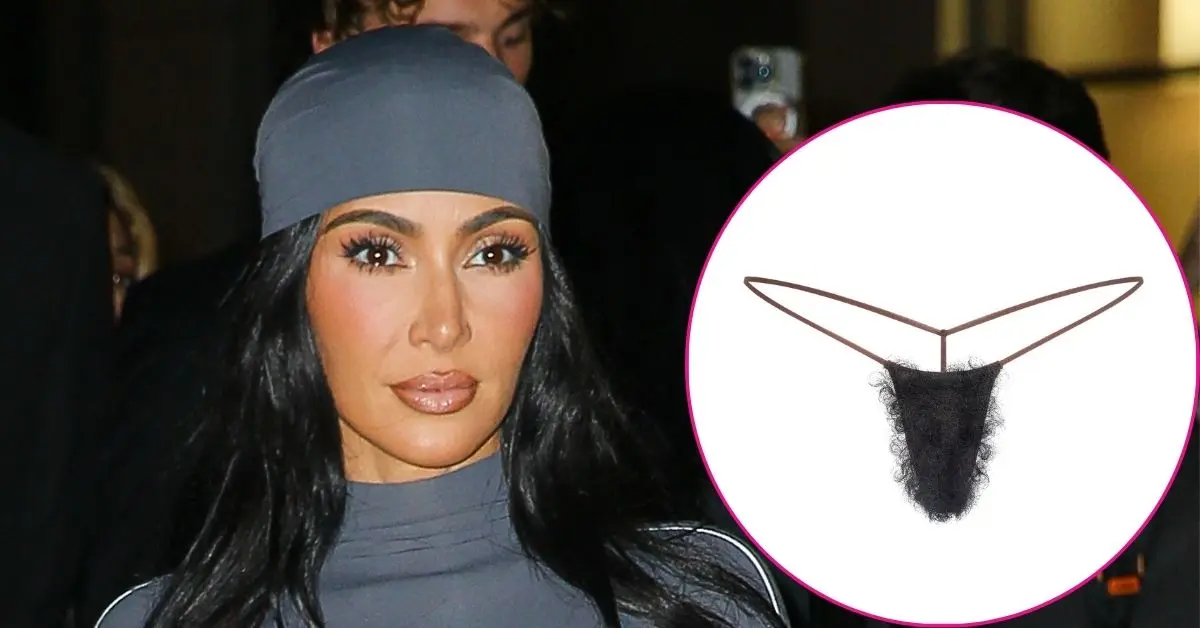In recent news, Swatch's ad featuring a model making a gesture interpreted as a mockery of "slanted eyes" ignited outrage and accusations of racism among Chinese consumers. The ad went viral on social media, prompting many to call for a boycott of the brand. Swatch responded to the uproar, stating, "We have taken note of the recent concerns regarding the portrayal of a model" and expressed remorse for any distress caused.
The company emphasized its seriousness regarding the issue and has removed the advertisement globally. Nevertheless, many on platforms like Weibo remain unconvinced by the company's intentions. Critics claimed that Swatch's apology was driven primarily by fear of financial losses rather than genuine concern for cultural respect. One user remarked, "You can apologize, but I will not forgive," while others echoed sentiments that Swatch's actions represent a lack of respect for Chinese consumers.
It's worth noting that about 27% of Swatch’s revenue is derived from the Chinese market, including Hong Kong and Macau. Despite this significant dependence, the brand has been facing declining sales in China, exacerbated by the country's ongoing economic troubles.
The landscape of consumer boycotts in China has shown that the public is increasingly willing to take a stand against brands perceived as disrespectful or insensitive to Chinese culture. In past incidents, major brands like H&M, Nike, and Adidas have faced boycotts over perceived insensitivity related to human rights issues. Swatch now finds itself amidst this growing trend of consumer activism, as more individuals call for accountability from international brands operating in China.
The company emphasized its seriousness regarding the issue and has removed the advertisement globally. Nevertheless, many on platforms like Weibo remain unconvinced by the company's intentions. Critics claimed that Swatch's apology was driven primarily by fear of financial losses rather than genuine concern for cultural respect. One user remarked, "You can apologize, but I will not forgive," while others echoed sentiments that Swatch's actions represent a lack of respect for Chinese consumers.
It's worth noting that about 27% of Swatch’s revenue is derived from the Chinese market, including Hong Kong and Macau. Despite this significant dependence, the brand has been facing declining sales in China, exacerbated by the country's ongoing economic troubles.
The landscape of consumer boycotts in China has shown that the public is increasingly willing to take a stand against brands perceived as disrespectful or insensitive to Chinese culture. In past incidents, major brands like H&M, Nike, and Adidas have faced boycotts over perceived insensitivity related to human rights issues. Swatch now finds itself amidst this growing trend of consumer activism, as more individuals call for accountability from international brands operating in China.





















